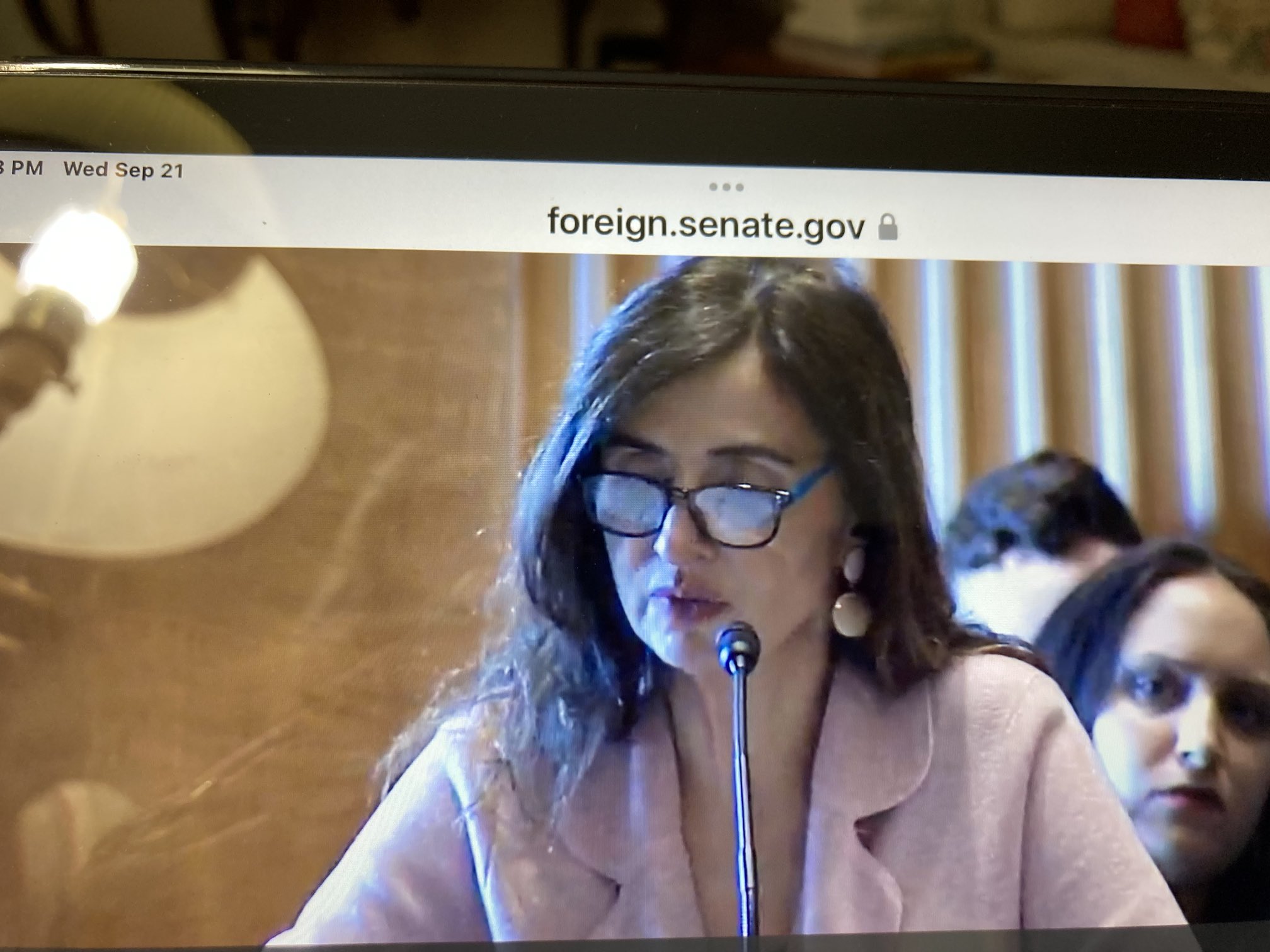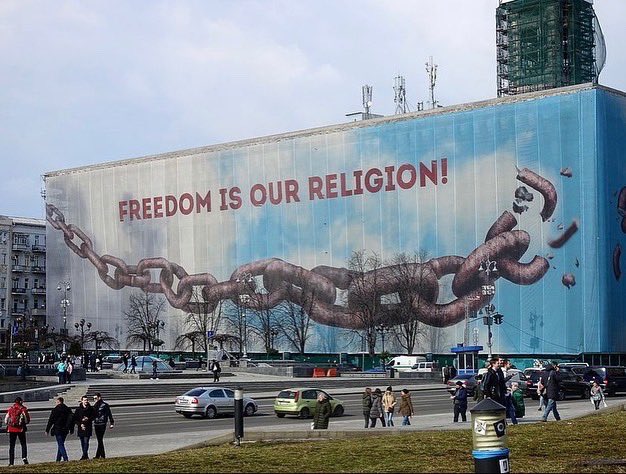First’s original editors, longtime New Yorkers, were fully alive to experiences of love and death on 9/11. We printed a set of responses to the attacks that implicitly contradicted those who assumed “anti-Americanism is a necessity” (without imposing a patriotic litmus test). Our post-9/11 issue featured red, white and blue colors above the fold, though that wasn’t a simple flag-waving gesture. The exemplary citizens (and New Yorkers) invoked on our cover were Latin Americans and an Afro-American: La Lupe, Eddie Palmieri and Jay-Z.
I’m reminded of how our colors seemed out of time to the all-knowing Left when I listen to commentary by pundits like Mehdi Hasan who link the post-9/11 “War on Terror” with l/6. That tendentious timeline all but erases the threat once posed by radical Islamists. It assumes American Islamophobia/xenophobia was always a scarier thing than Islamofascism. (I wonder if Mehdi Hasan noticed what happened to Samuel Paty—the French middle school teacher who was decapitated last October after he dared to teach his students about the Charlie Hebdo murders.) While it’s probably true the threat to Americans and Europeans from Islamist terrorists has diminished in recent years, that’s due largely to those Kurdish fighters who turned the tide against ISIS at the battle of Kobani. Future historians may come to see the Kurds’ victory there in January 2015 as the true culmination of the war that blew up in America on 9/11. The Kurds certainly grasped the meaning of their victory: “The battle for Kobani was not only a fight between the YPG and Daesh [ISIS], it was a battle between humanity and barbarity, a battle between freedom and tyranny, it was a battle between all human values and the enemies of humanity.” The clarity of these (mainly Muslim) soldiers who beat an international army of Islamists underscores the not-knowingness of Mehdi Hasan et al.
The following set of posts—by Donna Gaines, George Held, Hans Koning, Wendy Oxenhorn, Fredric Smoler, Laurie Stone, Kurt Vonnegut, and Peter Lamborn Wilson—mixes pieces from First‘s back pages with writing by authors who published their first thoughts on 9/11 in other places. B.D.
Read more

